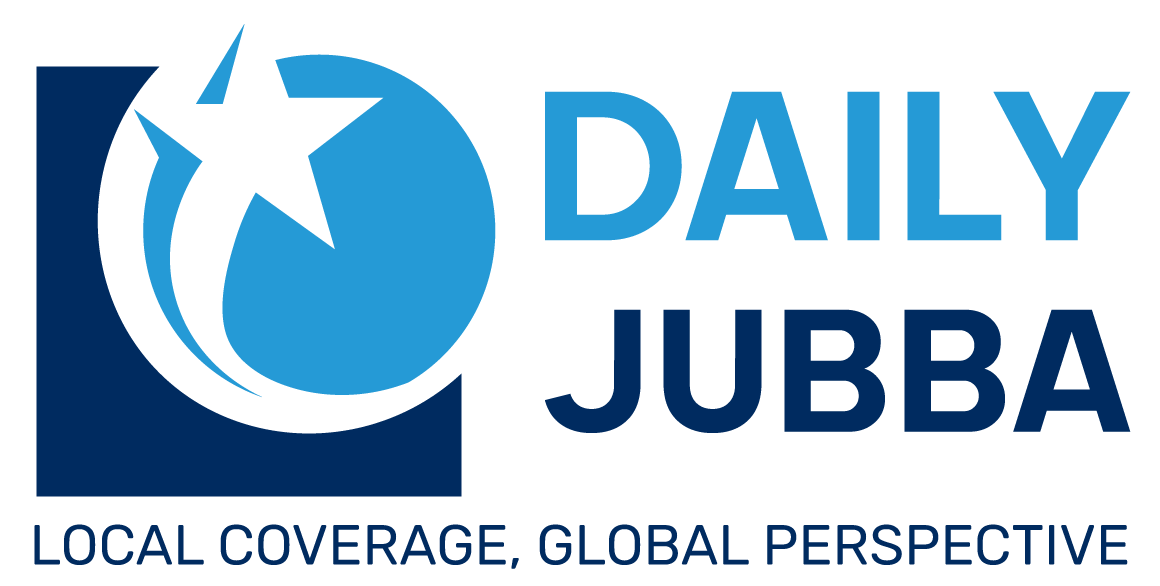Ismail Kulmiye
Djibouti was once seen as a strategic country with great potential and was referred to as the “Singapore of Africa”. However, given the country’s challenges with poverty, underdevelopment, and political repression, it has since been referred to as the “Haiti of Africa”. This comparison is meant to highlight the stark contrast between Djibouti’s potential and its current reality, as well as to draw attention to the challenges faced by the country and its people.
The political and economic challenges faced by Djibouti have had a devastating impact on its people and its potential for growth and development. Despite its strategic location and potential as a hub for trade and commerce, the country remains one of the poorest in Africa, with a high poverty rate and limited economic growth.
In addition to these challenges, President Ismail Omar Guelleh’s involvement in the instability in the Horn of Africa has also contributed to the country’s reputation. Guelleh has been accused of using his position and influence to destabilize the region and to further his own political goals. For example, he has been accused of supporting the Somaliland forces, which has gravely contributed to the ongoing conflict in the unionist town of Laascanood, Sool region of Somalia who have expelled the separatist forces and said no to the regime in Hargiesa. He has also been accused of supporting Afar rebels against Somali peoples in Eastern Ethiopia which further exacerbated political tensions and contributed heavily to instability.
Guelleh’s actions have not only damaged Djibouti’s reputation on the international stage, but have also limited its potential for economic growth and development and made it more difficult for the country to attract investment and international aid.
In conclusion, Djibouti’s moniker the “Haiti of Africa” is a stark reminder of the challenges faced by the country and its people. Despite its strategic location and potential for growth, the country remains one of the poorest in Africa, and much work remains to be done to improve the situation and bring about a brighter future for its people.
The aforementioned vices in the country of Djibouti include;
1. Poverty: Djibouti has a high poverty rate, with an estimated 73% of the population living below the poverty line.
2. Unemployment: Djibouti has a high unemployment rate, particularly among young people. According to the World Bank, the unemployment rate was 23.5% in 2020.
3. Education: Djibouti has a low literacy rate, with only about 47% of the population aged 15 & over able to read and write.
4. Health: Djibouti faces significant health challenges, including high rates of malnutrition and maternal and child mortality. According to the World Health Organization, the maternal mortality rate in Djibouti was 485 deaths per 100,000 live births in 2017.
5. Human rights: Djibouti has been criticized by human rights organizations for restricting political freedom, limiting access to justice, and engaging in human rights abuses such as torture and arbitrary detention.
It’s important to note that behind each of these statistics are real people & communities that are struggling to access basic needs & services. Addressing these challenges is critical to promoting sustainable development and improving the lives of people in Djibouti.
In addition to his involvement in the instability in the Horn of Africa, President Ismail Omar Guelleh is also accused of micro-managing the breakaway region of Somaliland, Northern Somalia. Guelleh is known for his hands-on approach to politics and has been accused of using his control over Somaliland’s economy to further his own political goals.
For example, Guelleh is said to have significant shares in the telecommunication companies in Somaliland, Telsom and the money transfer company Dahabshil. He also gives leading Somaliland businessmen as well fugitives from Somalia, Djiboutian passports, giving him leverage over them and their business dealings. This has allowed Guelleh to exert control over Somaliland’s economy and to gain significant influence over the region
It is also worth noting that even the President of Somaliland, Muse Bihi, has a Djiboutian passport and is said to have family ties with Guelleh (who married from Muse’s family) This further demonstrates the extent of Guelleh’s influence over Somaliland and his control over the region’s political and economic landscape.
In conclusion, President Guelleh’s micro-management of Somaliland and control over its economy through his ownership of key businesses and his control over the issuance of Djiboutian passports, further exacerbates the challenges faced by brotherly countries of Somalia and Djibouti, This has led to criticism of Guelleh’s leadership style and has raised concerns about the future stability and prosperity of the Horn of Africa region.
The Republic of Djibouti is effectively one-party state, with the ruling party, the RPP controlling all branches of government. President Ismail Omar Guelleh, one of the longest serving presidents in Africa, runs the place since 1999 presides over what many call a dictatorship that has restricted political freedom, limited access to justice and human rights abuses.
The main reasons for Djbouti’s lack of development can be summarized in the following key factors:
1. Restrictions on political freedom: Opposition parties and independent media face significant restrictions in Djibouti, with reports of harassment, intimidation, & detention of opposition figures.
2. Human rights abuses: Djibouti has been criticized by human rights organizations for engaging in torture, arbitrary detention, and extrajudicial killings. The country’s security forces have been accused of using excessive force to quell protests and silence dissent.
3. Corruption: Djibouti has been ranked poorly in global corruption indexes, with widespread allegations of corruption in government and business.
4. Limited access to justice: Djibouti’s justice system has been criticized for lacking independence and failing to provide fair and impartial hearings. The government has been accused of interfering with the judiciary and limiting access to legal representation.
It is worth noting that the government of Djibouti has denied many of these allegations & maintains that it is committed to promoting democracy, human rights & the rule of law. However, concerns about the Djibouti dictatorship persist & it is critically affecting Djibouti peoples lives.
All views expressed in this article or any of the other articles written by guest writers, are those of the writers and in no way, shape or form represent those held by our outlet or staff!
You can also feature your writings on The Daily Jubba if you meet the submission requirements on https://bit.ly/3SlMYfz by sending an email to [email protected]




